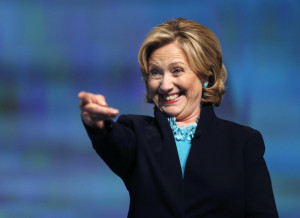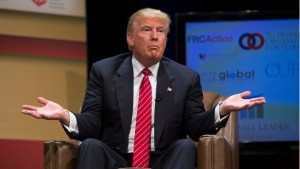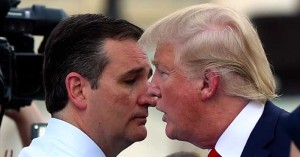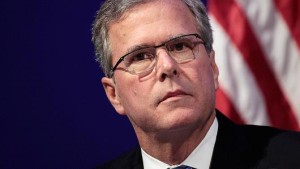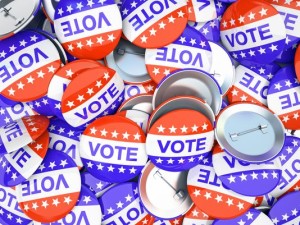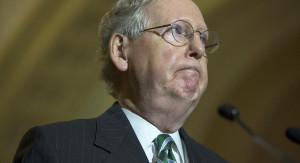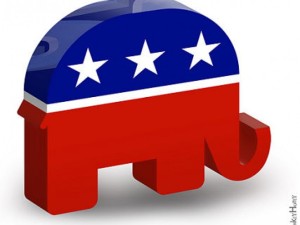One of the many — countless, it seems — confounding features of this presidential election cycle concerns the support that Donald J. Trump appears to be gathering from a most unlikely bloc of Republican “base” voters.
I’m referencing here the evangelical voters, those folks who describe themselves as devout, “born again” Christians.
Trump’s victory in the South Carolina GOP primary this weekend came in good measure from the support he got among evangelicals.
I don’t pretend to understand all the nuances of every voting bloc in America. Nor will I jump to many conclusions about any demographic group.
What I know about those who adhere to evangelical Christianity is that they take their Scripture quite seriously. They also prefer that others believe as they do.
So, what does Trump believe? How has he lived?
He’s on his third marriage; he’s been divorced twice. More to the point is that Trump has actually boasted — in writing — about the extramarital affairs he’s had with women who were married to other men. Doesn’t the Bible frown on marital infidelity?
He’s on record at one time as supporting abortion. I haven’t actually heard him say he supports partial-birth abortion, but many of his critics have said as much and I haven’t heard Trump actually deny he ever favored such a thing. I believe evangelical voters vehemently oppose abortion. Isn’t that correct?
Trump has made a lot of money building hotels — and casinos, where people go to gamble away lots of money and, perhaps, engage in activity that is, shall we say, a good bit less than righteous.
The man’s lifestyle over many decades has featured a flaunting of vast material wealth. Again, I won’t presume to know what is in the hearts of those who believe in the principles espoused in Scripture, but I doubt seriously that Trump’s opulent lifestyle fits the bill.
And when I hear Trump talk about the Bible and its contents, he sounds for all the world — to my ears, at least — as though he’s talking about a paperback novel he bought off the used-book shelf. Am I wrong or does he sound to anyone else as though he doesn’t have a clue as to what the Bible actually says — about anything?
But here we are. We’ve been through three contested Republican political events; Trump has finished first in two of them. The South Carolina primary took place in a state where New Testament religion plays a major role in the lives of many of those who call themselves Republicans.
This has been a confounding electoral process so far. Donald Trump’s appeal among evangelical voters within the Republican Party base might be the most perplexing development of all.
What in the name of all that is holy am I missing?

